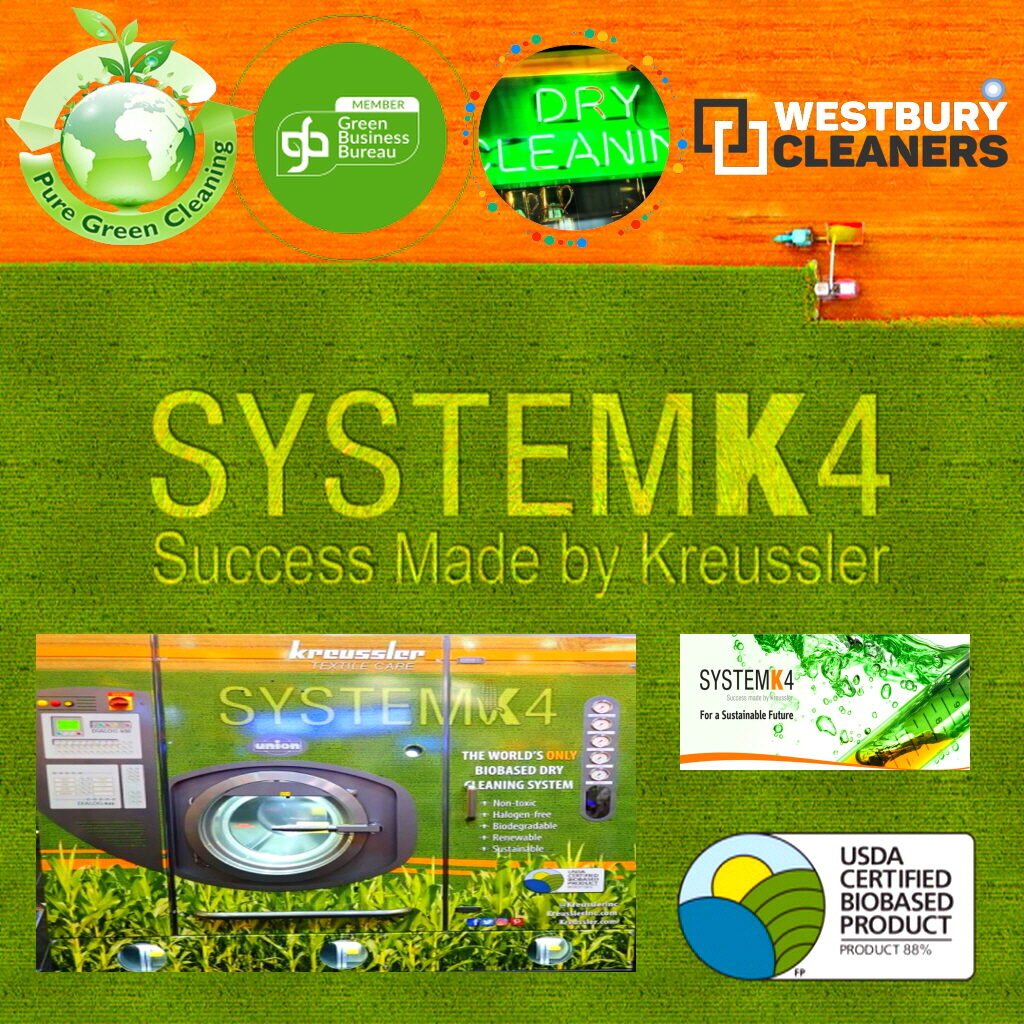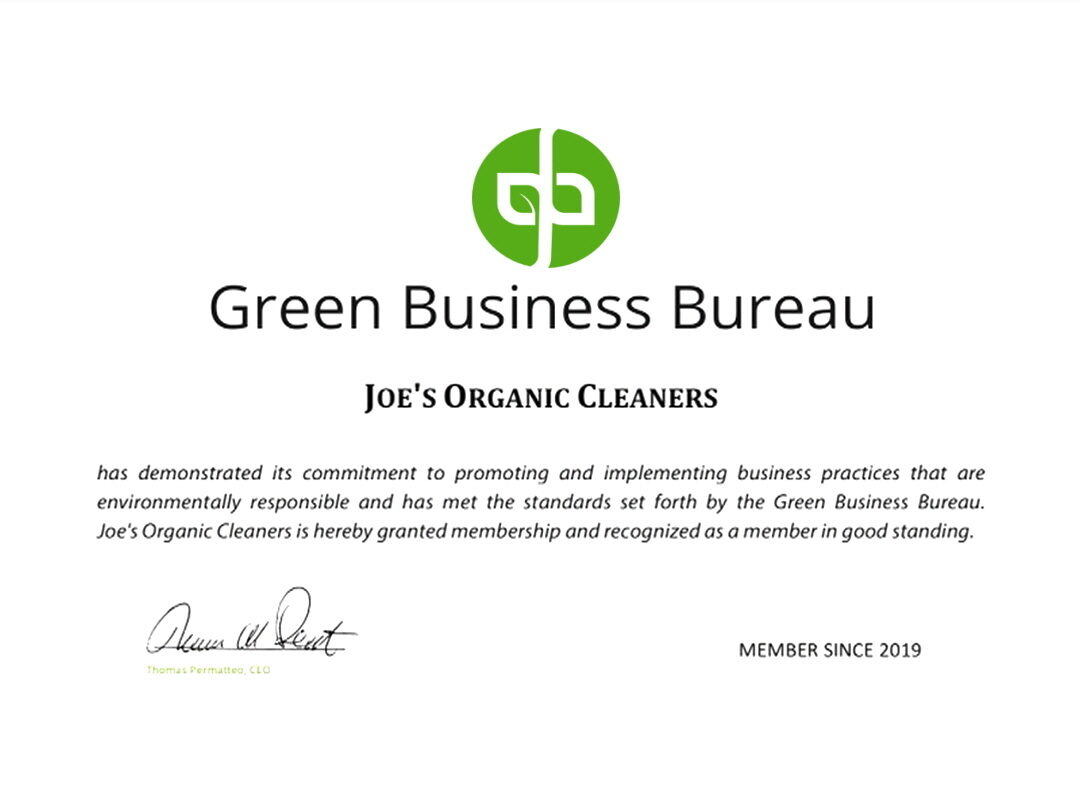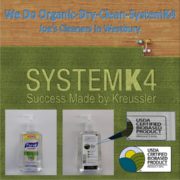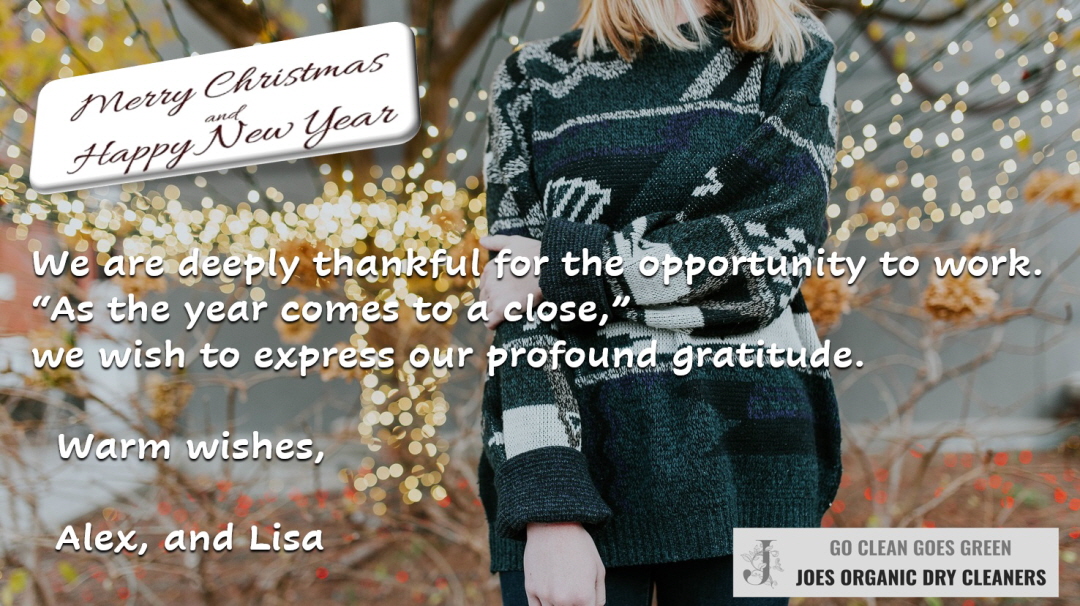Dry Cleaning in Westbury
System K4 Organic Dry Cleaning in Westbury: Safe, Smart & Sustainable
Discover the eco-friendly, non-toxic, bio-based System K4 organic dry cleaning service in Westbury, Long Island. Safe for you, your clothes, and the environment.
Introduction: Revolutionizing Dry Cleaning in Westbury
Welcome to a new era of dry cleaning! At Westbury Cleaners, we use System K4, a plant-based, bio-degradable dry cleaning solution that’s safe, effective, and environmentally conscious. Whether it’s delicate silks or your everyday workwear, we treat each garment with personalized care—while protecting the planet.
🟢 1. English (Conversational Style)
Hey! So if you’re looking for a super eco-friendly and smart way to get your clothes cleaned in Westbury, you’ve gotta check out System K4 Organic Dry Cleaning. It’s not your average dry cleaning – it’s made from plant-based, non-toxic stuff that’s safe for your skin, your clothes, and the planet.
They use this awesome System-K4 process that’s been dermatologically tested and rated “Very Good.” So no harsh chemicals or weird smells – just fresh, soft, damage-free clothes.
And the best part? They pick up and deliver your clothes for free. Super convenient!
Here’s what you get:
-
A green cleaning solution that actually works
-
Advanced tech that cleans deep but protects your fabric
-
Safe for everything from silk and lace to suits and curtains
-
Experts who treat each piece of clothing like it’s their own
-
Special stain removal that won’t ruin your clothes
-
No chemical smells – your clothes come back fresh
-
Helps your clothes last longer (saves you money too)
-
Clean process, less waste – good for the planet
-
Located right in Westbury, Long Island
-
They also do shirt pressing, alterations, and repairs!
So yeah, if you want to go green and still look sharp, give them a call at 516-334-3350 or visit their site. You’ll love how they treat you and your clothes.
🟠 2. Español (Estilo Conversacional)
¡Hola! Si estás buscando una forma ecológica y moderna de lavar tu ropa en Westbury, tienes que conocer System K4 Tintorería Orgánica. No es la típica tintorería; usan un solvente hecho de plantas, sin tóxicos, bueno para ti, tu ropa y el medio ambiente.
Usan un sistema llamado System-K4, probado dermatológicamente y calificado como “Muy Bueno”. Así que no hay químicos agresivos ni malos olores, solo ropa limpia, suave y bien cuidada.
¿Y lo mejor? ¡Recogen y entregan tu ropa gratis! Súper cómodo, ¿no?
Esto es lo que ofrecen:
-
Limpieza ecológica y efectiva
-
Tecnología que limpia a fondo sin dañar la tela
-
Seguro para todo tipo de ropa: seda, lana, encaje, trajes, cortinas
-
Expertos que cuidan tu ropa como si fuera suya
-
Eliminación de manchas difícil sin dañar la prenda
-
Sin olores químicos: tu ropa vuelve fresca
-
Tus prendas duran más (ahorras dinero)
-
Proceso sostenible y con menos residuos
-
Están justo en Westbury, Long Island
-
También hacen lavandería de camisas, arreglos y composturas
Así que si quieres cuidar el planeta y verte genial, llama al 516-334-3350 o visita su sitio web. ¡Te va a encantar su servicio!
🔵 3. 한국어 (대화체 스타일)
안녕! 혹시 요즘 옷 세탁할 때 환경도 생각하면서 똑똑하게 관리하고 싶지 않아? 그렇다면 웨스트버리에 있는 System K4 유기농 드라이클리닝 강추야.
이건 일반 드라이클리닝이 아니야. 식물에서 추출한 성분으로 만든 친환경 세제로, 피부에도 옷에도, 그리고 지구에도 안전한 방식이야.
System-K4는 독일에서 피부과 테스트도 통과해서 “아주 좋음” 판정도 받았어. 그래서 자극도 없고, 냄새도 없고, 옷은 부드럽고 손상 없이 돌아와!
그리고 진짜 편한 게, 무료로 수거하고 배달까지 해줘! 바쁜 사람들한테 완전 꿀이지.
이런 서비스 받아볼 수 있어:
-
효과 좋은 친환경 세정 솔루션
-
섬유 보호하면서 세균과 얼룩까지 확실히 제거
-
실크, 울, 레이스, 정장, 커튼 등 다 가능
-
옷에 특별 지시사항까지 꼼꼼히 관리
-
얼룩 제거도 전문적으로 해줘서 옷 안 상해
-
화학약품 냄새 없이 산뜻한 향만 남아
-
옷 수명이 길어져서 오래 입을 수 있어
-
쓰레기도 거의 안 나오고 환경도 생각하는 시스템
-
위치도 웨스트버리 중심이라 접근성 좋아
-
셔츠 다림질, 수선, 웨딩드레스 관리까지 다 해줘!
문의는 언제든 516-334-3350으로 전화하거나 웹사이트 들어가 봐. 정말 만족할 거야 😊











 News we’re reading
News we’re reading
 Upcoming Events in Westbury
Upcoming Events in Westbury Need help with a project around the home? Patch has partnered with Thumbtack to make hiring a trusted local pro quick and easy.
Need help with a project around the home? Patch has partnered with Thumbtack to make hiring a trusted local pro quick and easy.  Chatter
Chatter Nearby News
Nearby News





































